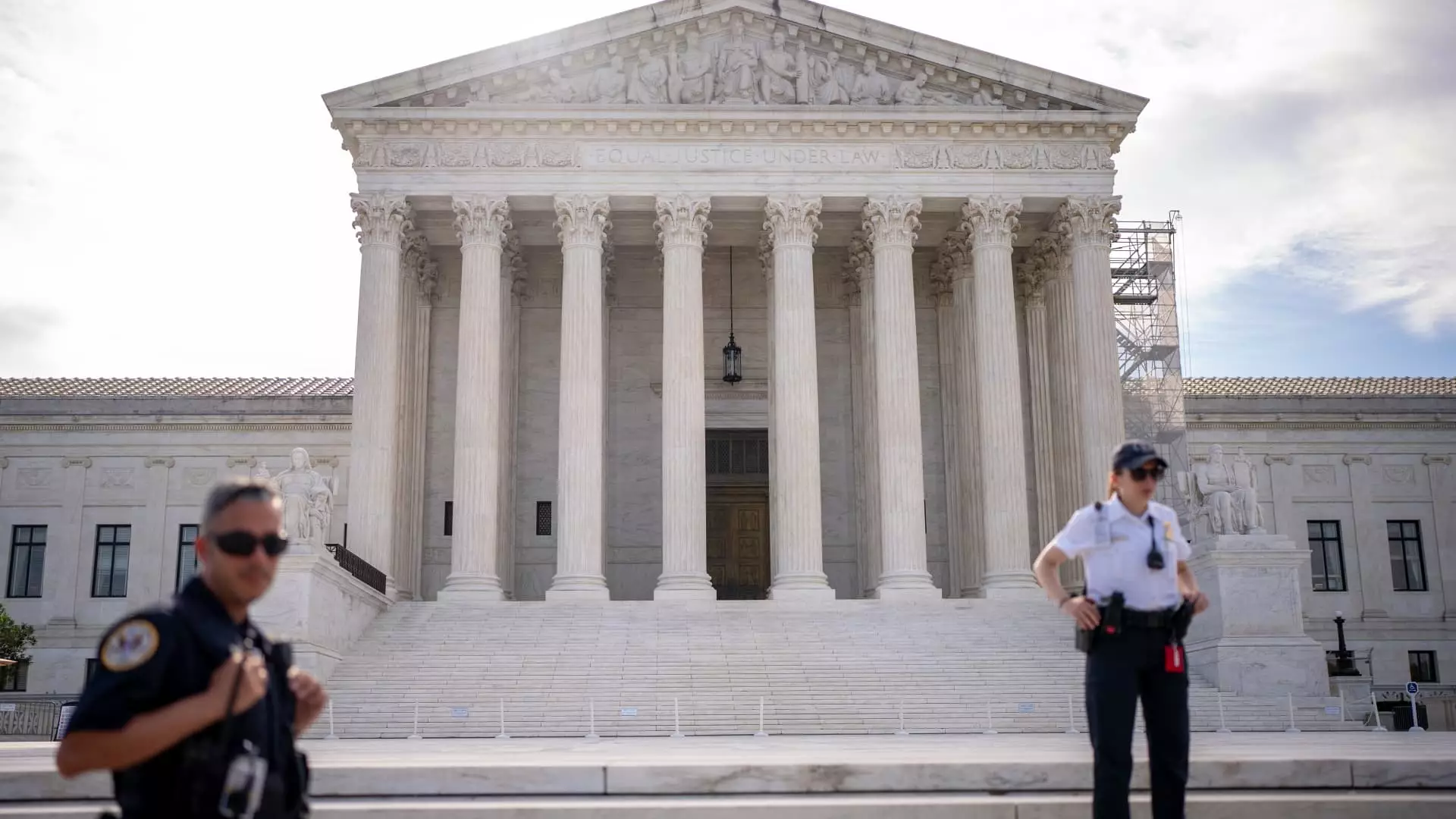The recent Supreme Court decision in the case of Moore v. United States has sparked a debate about the constitutionality of wealth taxes. The case centered around a Washington state couple who faced taxes on income from an investment in an India-based company that didn’t distribute dividends. This tax, known as the “mandatory repatriation tax,” was implemented as part of the 2017 tax overhaul to offset other tax breaks. While the Court upheld the tax in this specific case, it did not directly address the broader issue of wealth taxes.
Justice Brett Kavanaugh, in his majority opinion, emphasized that the decision was limited in scope and should not be interpreted as a green light for wealth taxes. He stated that the opinion only addressed the specific circumstances of the Moore case and should not be seen as endorsing taxation of both entities and their shareholders on the same income. This cautious approach by the Court has left the door open for future challenges to wealth taxes.
Legal experts have pointed out that there are significant constitutional arguments against wealth taxes, which existed both before and after the Supreme Court’s decision. Some have argued that taxing unrealized gains or assets could be highly regressive and pose challenges in terms of fairness and legality. The Court’s decision in the Moore case did not provide a definitive stance on this issue, leaving room for continued debate and potential legal battles in the future.
One concern raised by experts is the potential impact on domestic stockholders who may face imputed income from corporations that do not issue dividends. While the Court’s opinion in the Moore case compared the taxation of the Moores’ income to pass-through taxes on foreign companies, it did not specifically address whether realization of income is a prerequisite for taxation. This lack of clarity has raised questions about how future cases involving similar issues may be decided.
The Supreme Court’s decision in the Moore case has not provided a definitive answer to the question of wealth taxes. While the Court upheld a specific tax on foreign investments, it stopped short of endorsing broader tax policies. The ruling has sparked a debate about the constitutionality of wealth taxes and raised concerns about the implications for stockholders and other taxpayers. The decision is likely to have far-reaching effects on future tax legislation and legal challenges related to wealth taxation.

